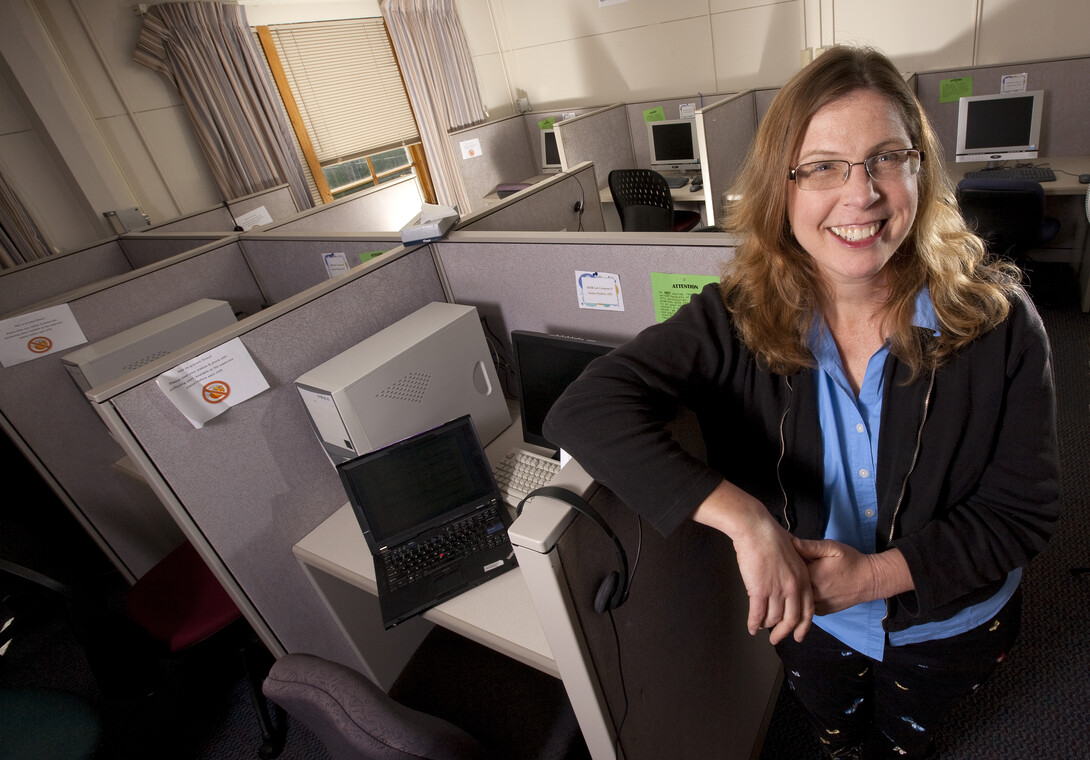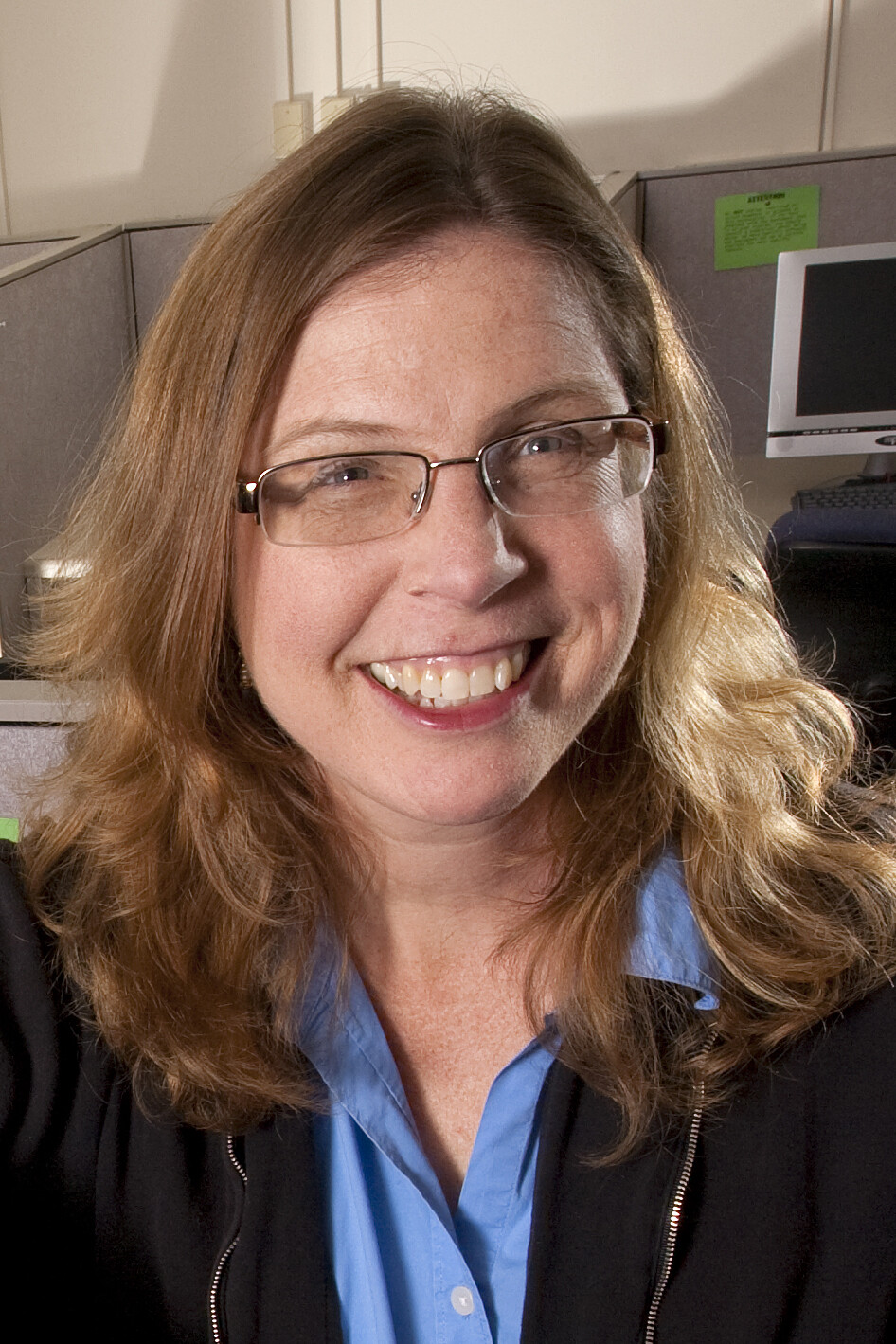
For a woman worried about why she hasn’t become pregnant, the Internet and its anonymity might seem an appealing way to learn about infertility.
Yet a newly published study involving UNL researchers shows surprisingly few women rely solely on the Web for medical information about why they haven’t conceived.
Data from the National Survey of Fertility Barriers indicated that most women who turned to the Web for answers to fertility questions did so in addition to seeking face-to-face help from a physician.
That may be a good sign, according to UNL sociologist Julia McQuillan and Katie Slauson-Blevins, an assistant professor of sociology and criminal justice at Old Dominion University in Norfolk, Va. McQuillan aided Slauson-Blevins on the research while Slauson-Blevins pursued her Ph.D. at UNL.
“It’s helping us get a handle on unmet need. If more people were going online (for infertility information) without seeking medical care, it could mean that people are interested in care but aren’t getting it,” McQuillan said.
“The impression we got very strongly is that seeking information from the Internet is something women do to supplement, rather than replace, face-to-face health care,” Slauson-Blevins said.
The study analyzed the responses of 1,352 women, ages 25 to 45, who self-identified as infertile in a 2006 random telephone survey.
The respondents were considered to have infertility if they reported having unprotected sex for a year without conceiving. The study looked at the responses of heterosexual women who wanted to get pregnant or weren’t trying to avoid pregnancy, as well as those with other health issues that prevented them from becoming pregnant. The results:
9 percent of the respondents said they searched online for information about infertility, but had not sought medical treatment.
25 percent sought information online and talked to a doctor.
32 percent saw a doctor without seeking information from the Internet.
34 percent reported that they had not sought medical treatment or online information about why they hadn’t become pregnant.
“We were surprised that so few women had searched for information online only,” the researchers wrote in a December article in the journal Social Sciences & Medicine. “Because many more women had both searched online and talked to a doctor in-person about infertility, we see Internet health-seeking as primarily a supplement to going to a doctor.”
The Internet has become a leading source of health information. In 2012, 81 percent of Internet users reported they had searched online for health information. A majority are trying to learn more about a specific condition or disease.
Slauson-Blevins said further study is needed to parse out how women are using the Internet to learn about infertililty, including the timing of their searches. Do they turn to the Web as a first step, to help decide whether to seek medical attention? Or do they use it after they’ve seen a doctor, to learn more about their options?
Slauson-Blevins said she now is working with a fertility clinic in Virginia to research how couples obtain medical information about infertility.
She said doctors there report anecdotally that their patients often arrive for office visits armed with information researched from the Web.
“It’s not just that we go online to find out if we need to go to a doctor but to supplement the information we get from the doctor,” she said.
Slauson-Blevins said it is not necessarily surprising that more than one-third of the women surveyed indicated they had not sought medical help for their infertility.
“A big consideration is whether you perceive you have a problem,” she noted. “If you’re having unprotected sex at age 18 and you don’t get pregnant, you might feel lucky. If you’re 25 years old and trying to have a baby, you’ll have a very different understanding.”
Since 2006, smart phones have made it easier than ever for more people to use the Internet, McQuillan and Slauson-Blevins said. They said they expect Web searches to become an even more prevalent source of information about infertility in the future.
To read the Social Science & Medicine article, go to http://go.unl.edu/tn24.








